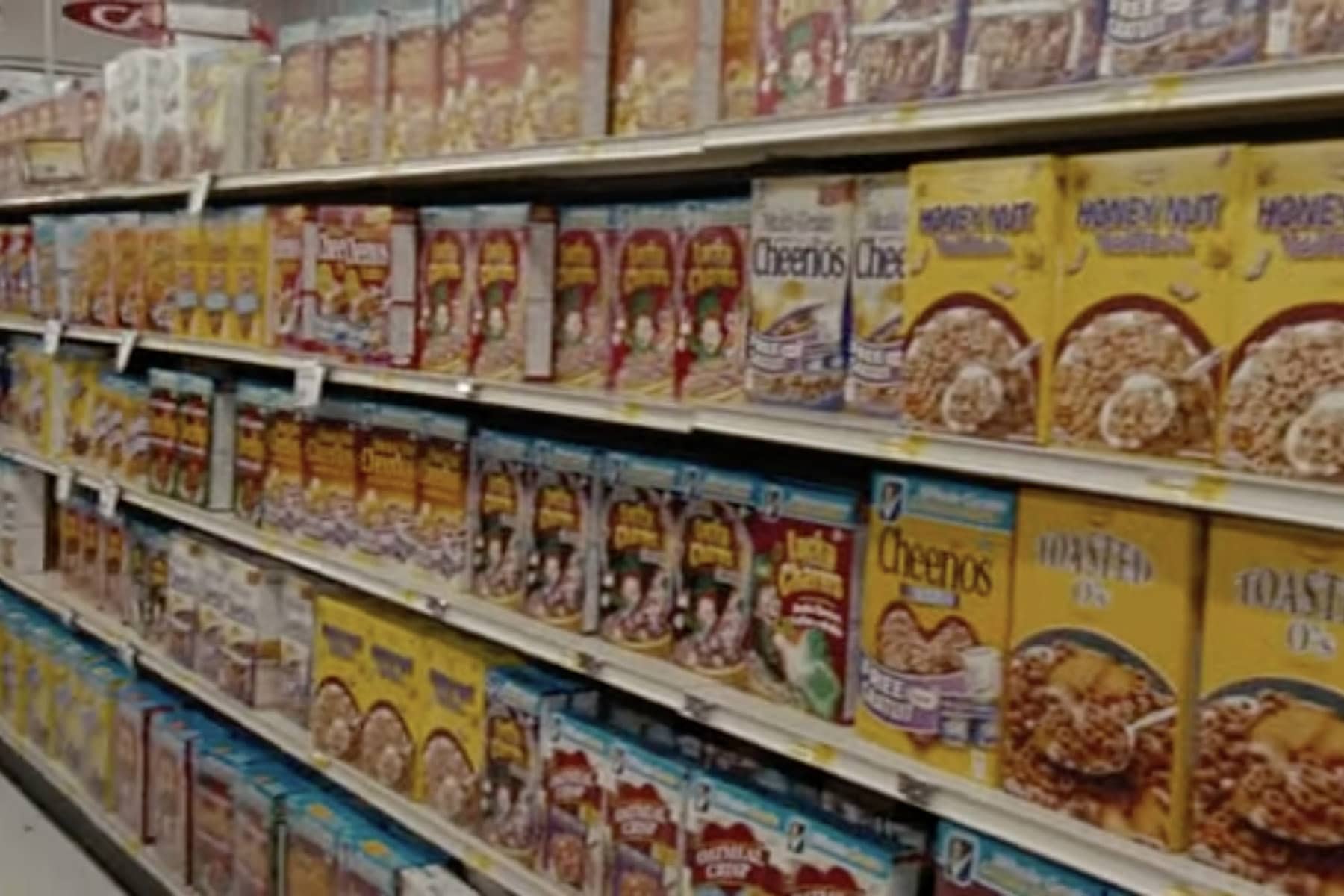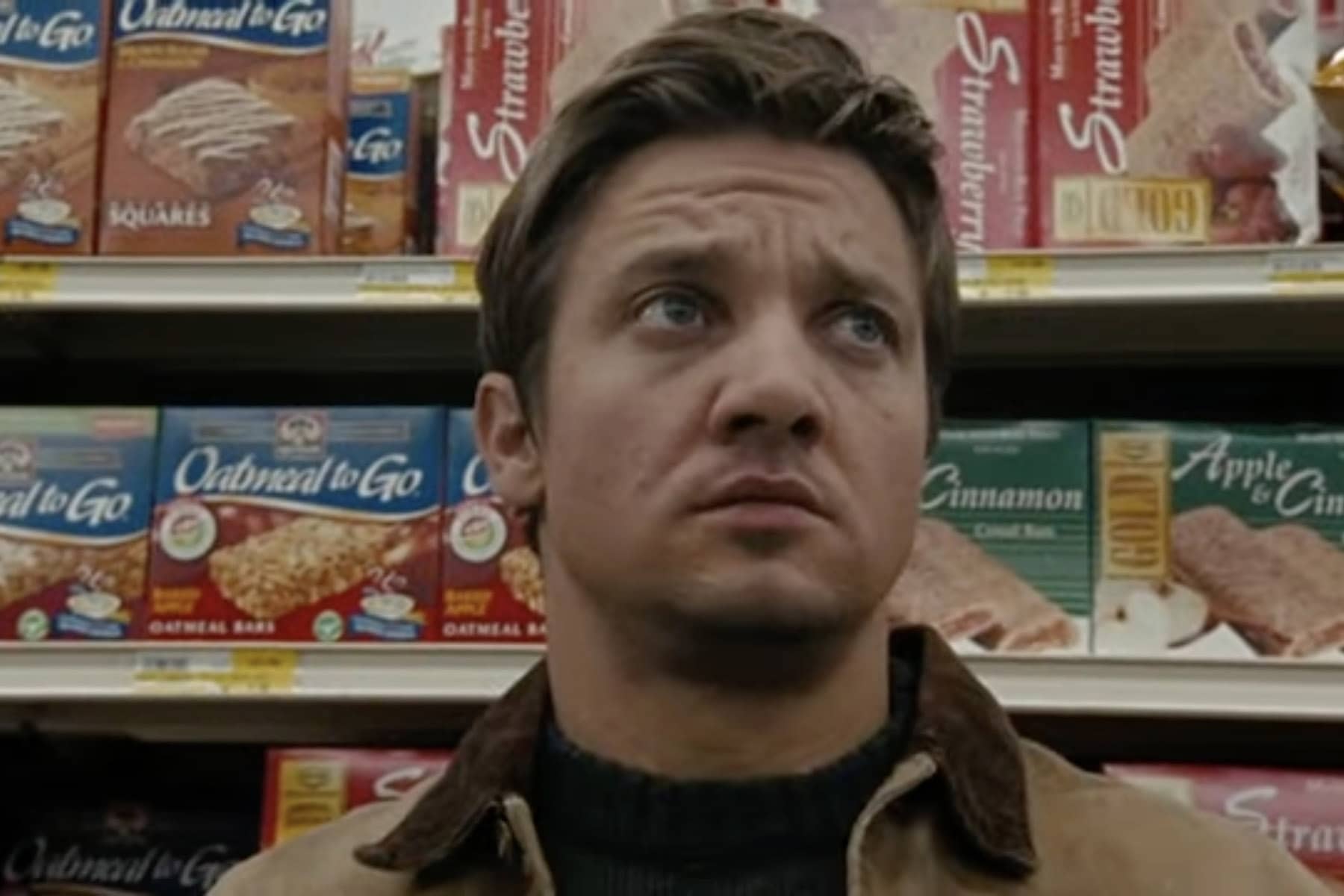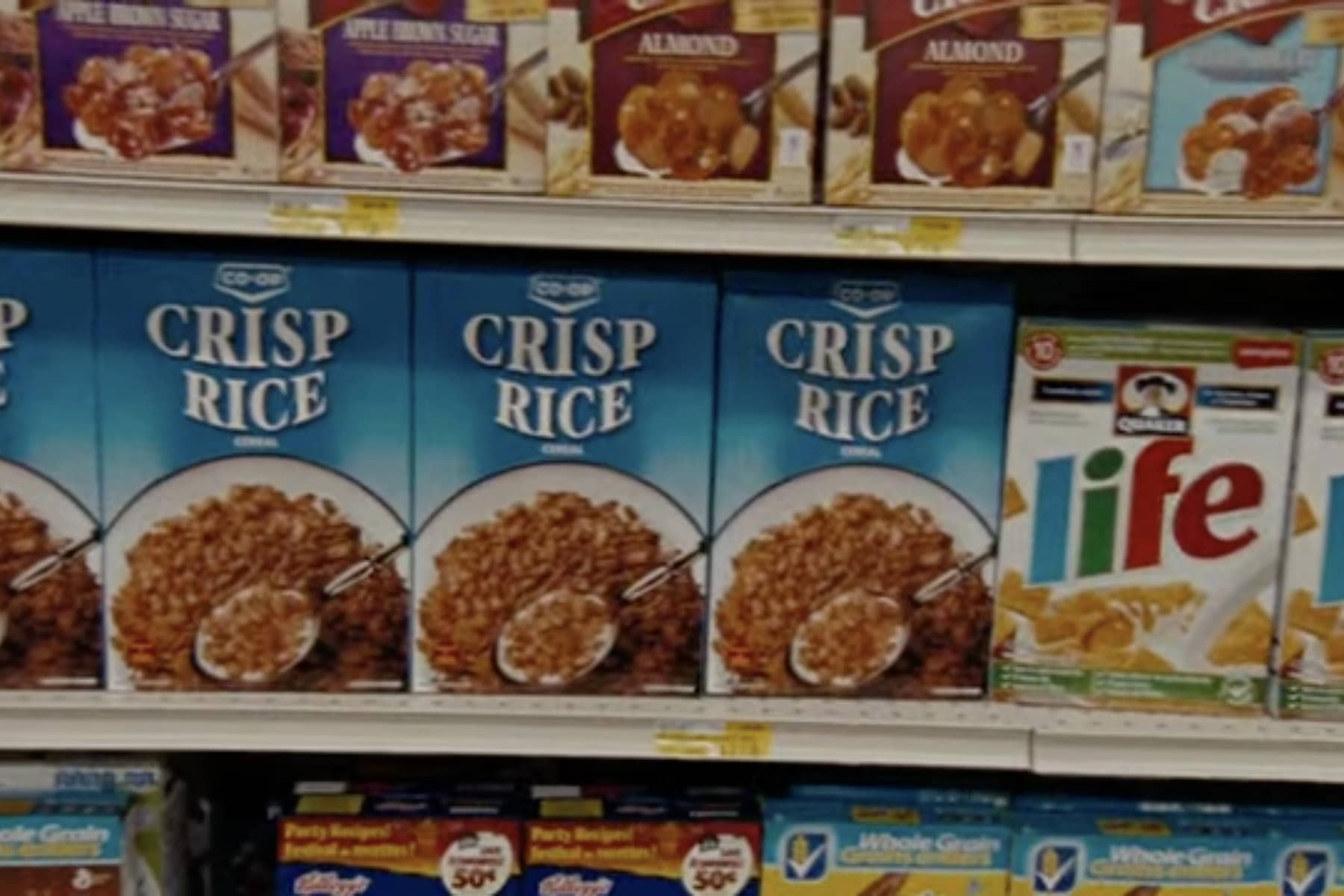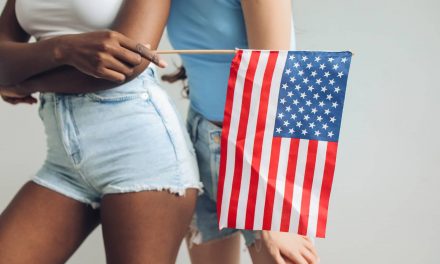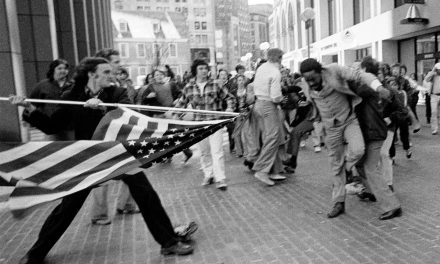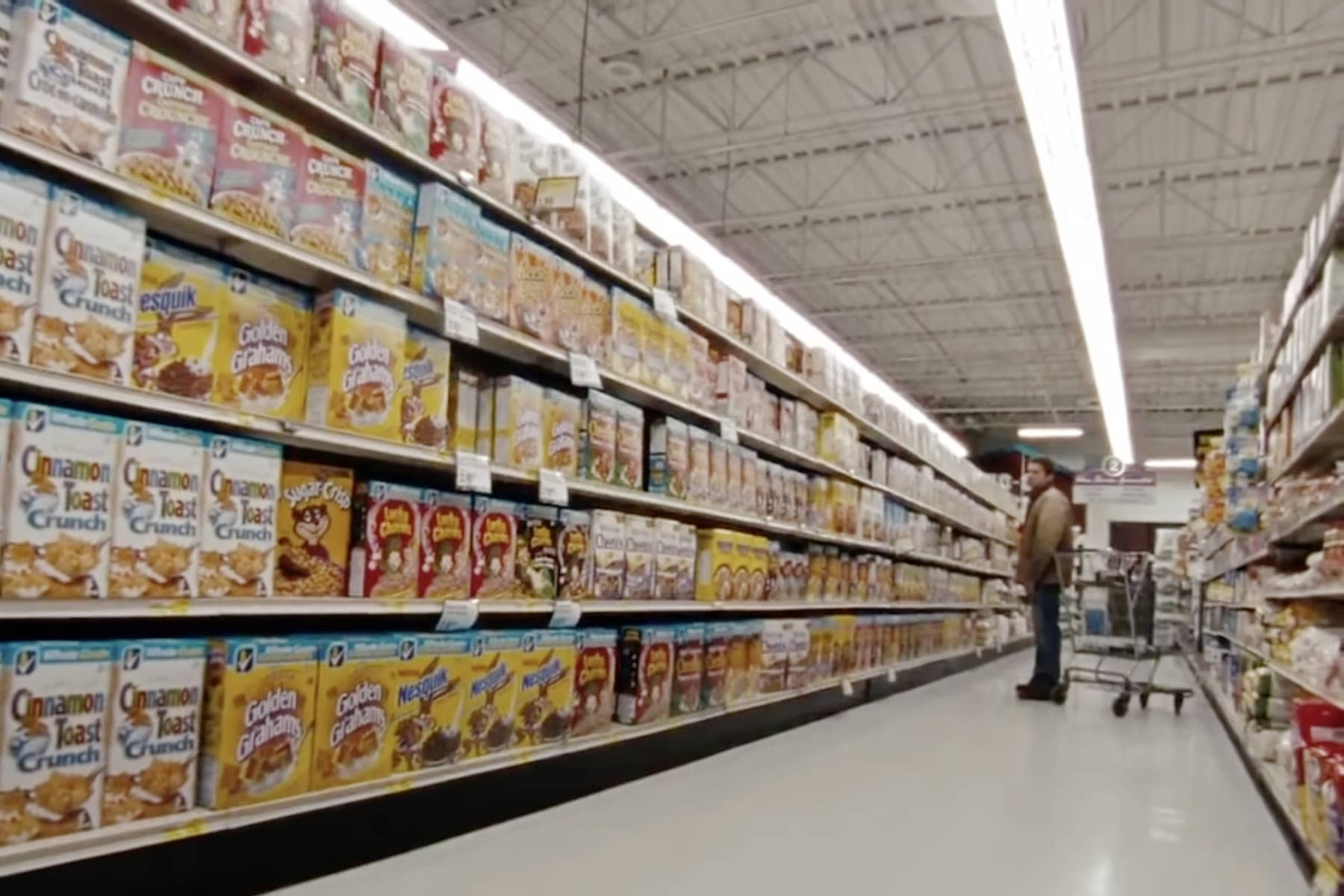
Much has been written about the holiday season in America, particularly Thanksgiving. And with an induced amnesia only two years after COVID, many people are desperate to cling to their nostalgic memories from before the pandemic in the rush back to “normal.”
But long before the disruption of 2020 I found the holiday experience coulbe be a bit surreal. That was in part due to the annual family drama that culminated in a Thanksgiving feast. And also in part from having lived in Asia for a decade.
I often saw opulence and austerity side-by-side overseas, as clear and distinct as black and white. Local food of comparable American quality was easy to find at far cheaper prices. And there was a lot of variety, so I never felt that I was missing any food from home.
The one exception in those days would be Mexican food. I was only able to find a sad excuse for a taco twice in a decade. Otherwise, many Western foods could be found locally, as that was seen as elegant and aristocratic to eat. Ironically, I enjoyed traditional local meals, which local people came to despise as peasant food after their economic wealth improved.
I have traveled to almost a couple dozen countries in my lifetime, and five in just the past year. On each occasion, I visited grocery stores to get staples like bottled water and snacks. I have always enjoyed the experiences, as they are like voyages of discovery.
Experimenting with some kinds of food, judging them by recommendation or simply how inviting the packaging looks. And later returning to find familiar favorites that I had discovered, like snacks that are unique or can only be found in those countries. Those tastes forever sealed with the travel memories.
Yet on the day before Thanksgiving 2023, as I visited a downtown grocery store near where I live, I felt an alienation with something so familiar while walking along the aisles.
It reminded me of the culture shock I experienced when I first returned to America from Japan.
The fact that my local grocery store – which threw away food it could not sell – was one block from a church – that fed the homeless and hungry – was a bewildering adjustment for me.
I was unprepared for carpeted grocery stores, and flavors for things that required a dictionary for me to understand. My first thought was, “how many flavors do Americans need?”
I was also reminded of that recently when I visited a cheese market downtown. I had to ask if they had any “cheese” flavored cheese. Everything seemed to be tainted with some exotically flavored addition, to indulge the unsatisfied palette of American consumers.
Those early experiences I had in American grocery stores left me feeling overwhelmed. I came to understand it as part of the culture shock from being overseas so long, and it took me time to adjust. It was something that most people were unfamiliar with, in my experience, which left me processed on my own.
The best way I could explain it, when I tried, was to reference the scene from the movie “The Hurt Locker,” which came out a couple of years before my return in 2011. The Academy Award-winning picture was about a soldier in an explosive ordnance disposal unit during the Iraq War.
There is a scene at the end, when Jeremy Renner’s character finally returns home after the insanity of war. He goes grocery shopping, and needs to select a breakfast cereal for his young son. He stops in the aisle and appears to be overwhelmed by the choices.
Renner’s character just spent a year deciding between life and death, and that was almost calming or normal for him. When he comes back home to the true sense of what normal is, it becomes the most overwhelming and uncomfortable feeling in the world for him. While my situation was never as dire as his, the disconnect from normal was.
I am not a college student struggling on a budget, able only to afford cup-o-ramen. But I do pay attention to calories and cost. I am not afraid to treat myself, but often do not feel the need. So I avoid fancy things, and the sticker shock that goes with them.
I usually shop with tunnel vision, focused on what I already have on my mind. Exploring what the deli department has for the day can be fun, but also a disappointment if my favorite items are not available for sale.
Shopping for food is a lifelong experience that everyone can relate to. We all grew up shopping with our Mother, then graduated to shopping by ourselves when we went to college or however we left the nest for our work life.
There is a lot of stress and pressure surrounding family gatherings. I spent many holidays over the years with family, and some years away from everyone I knew here at home in Milwaukee. Shopping for a meal at a grocery store was comforting in many ways, and meant I would not need to eat alone in public during the holidays.
I avoided grocery stores during the height of the pandemic, and did not enter one for about the first 7 months. Amazon Fresh delivered everything I needed biweekly. Not a lot has changed since I got my vaccinations, and boosters, and life that has moved beyond lockdown.
So I was a little surprised by my feelings, connected to the memory of “The Hurt Locker.” In the cereal aisle scene, Renner’s character is rendered helpless and vulnerable. After dodging terrorists and explosions, he is brought low by the ubiquitous rows of neatly aligned boxes of Lucky Charms and Cheerios.
His feelings on screen are not new, or unique just to me. People often feel disconnected and adrift at different stages of their life. Even when surrounded by people, it is still easy to feel alone. For me, the cereal aisle scene is the perfect incapsulation – when what we are taught to feel normal does not feel as such.
In the movie, Renner’s character is bored with his civilian life and takes another tour of duty. Defusing bombs is what he loves, and that is his normal.
Growing up with decades of American consumerism, we are taught how to feel about the holidays because it drives profit – often through guilt and anxiety. Seeing more of the world has helped deprogram me in many ways, and I am thankful for that liberation.
After doing research about why Americans feel stressed during Thanksgiving, the top reasons included family dynamics, culinary pressure, financial concerns, travel woes, dietary challenges, emotional impact, and social anxiety.
So clearly, I am not alone in what I have experienced, but the realization was unexpected. Considering all that I have seen on assignments in 2023, perhaps it should be surprising that I did not feel a little disconnected during the holidays. Just because those terrible things are now out of sight, for me they are not out of mind.
When I went grocery shopping on November 22, I did not turn down the cereal aisle. Breakfast cereals are not normal for me. Normal used to be shared experiences. We seem to share less these days. As lifestyles have changed in America, along with political polarization, who is to say what the baseline is for normal.
My normal is feeling like going to a conflict zone is a vacation, and too many flavors of chips can be overwhelming. The real trick remains being comfortable with being uncomfortable. And accepting that nothing is normal, only the repetition of our experiences are familiar.
© Photo
Summit Entertainment


